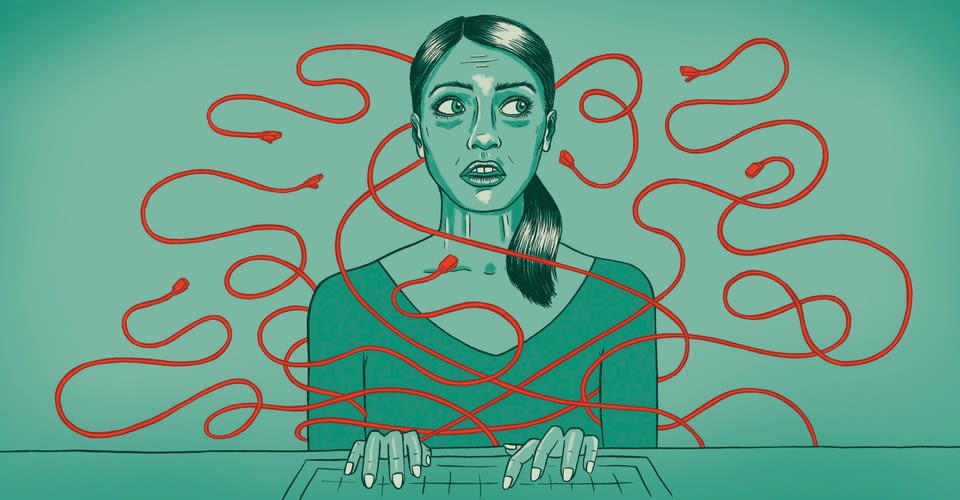Young People And The Reliance On Social Media For Self Validation
With The Rise Of Technology Increasing, Are The Younger Generation Relying On A Lot Of Trust From Social Media?
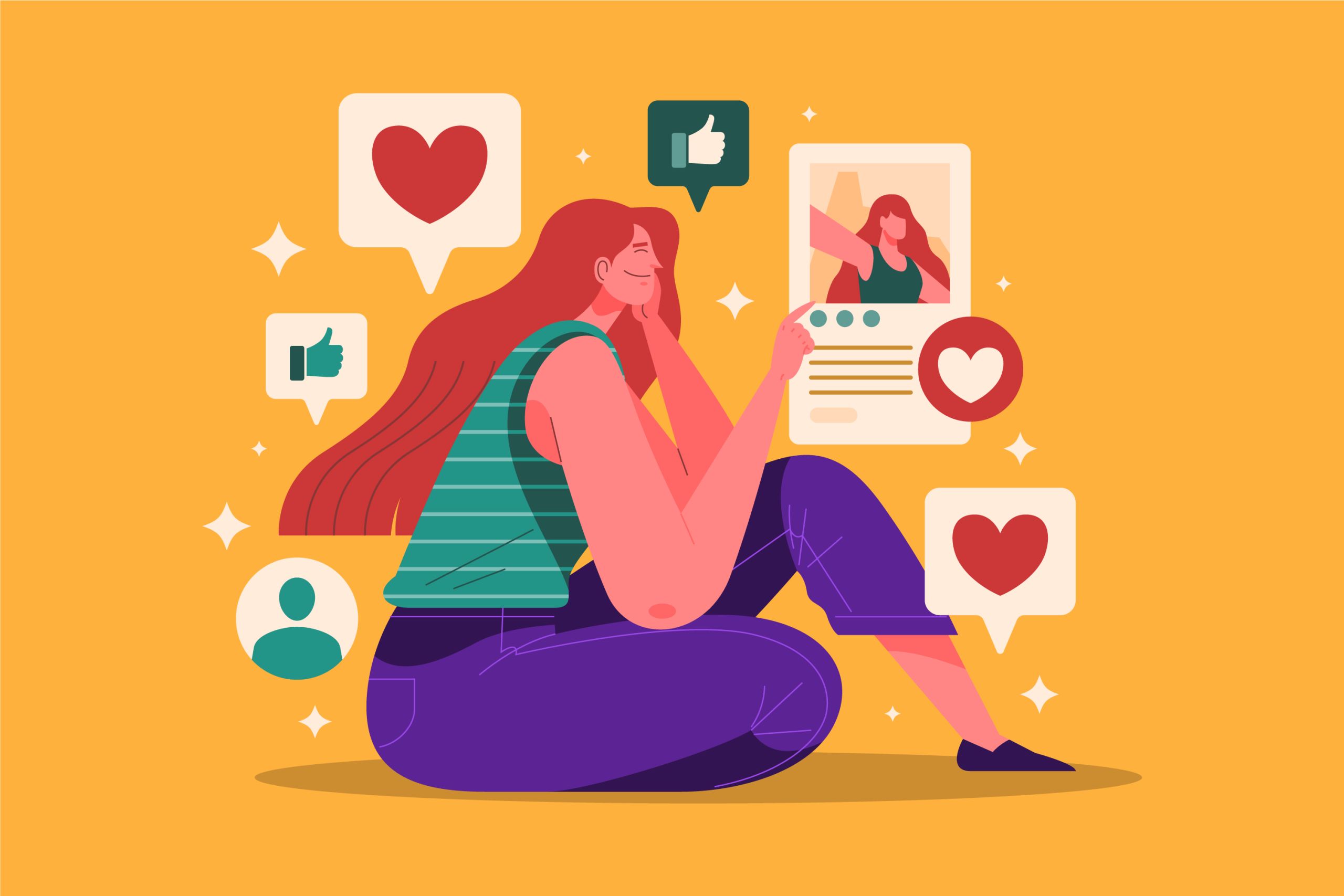
Social media has ruined are capability to trust. Over the last few generations, we have mastered the art of technology along with obsessing over social media. Social media was originally created to communicate friends and family together through the online world, posting pictures, videos, and many more for followers to see.
However, this generation has took a wrong turn with social media. Creating it to be about the highest number of followers, the most likes and most views. People find excuses all over social media to not 'trust' close ones, but to trust the technology instead. Many are putting their trust within the social media outlet to define them and their relatives. A high majority of the younger generations trust comes from validation of social media, the younger generation are tech savant's, growing up with social media they can swipe through YouTube videos faster than Usain Bolt can sprint the hundred meters.
A survey was taken by the UK Digital Media Company called 383. The company found that 53% of the younger generation prefer advice from social media outlets such as YouTube compared to their own parents' advice.
Fake news is a contributing factor to teaching the younger generation why they shouldn’t always trust social media. Fake news is untrue information posted online, it can be from clickbait, making money, through to advertising revenue, or to damage the reputation of a person (in the younger generations case this would include people creating false rumours of one another). Fake news has always been around, but with the growing use of social media, and technology in our current generation, one click, and the fake news is shared to millions. Due to lack of digital literacy many of the younger generation tend to believe anything they see posted on a social media platform. this can have a massive impact on key events, changes views and opinions of many.
For example, study researchers from Ohio State University found that fake news played a significant role declaring Hilary Clintons votes in 2016 on US election day. Fake news prevented previous Obama supports from choosing Clinton due to false claims that many believed. One claim read 'Clinton approved weapons to sales of Islamic Jihadist's, including ISIS' this false claim lost Clinton 20% of previous Obama supporters votes.
With increasing number of false information flying around social media it doesn't settle well for uneducated younger generations who are gullible enough to believe anything. 1 in 4 kids believe that any news posted online is very accurate. Young people who do believe these false claims and stick by them, posting about them online can result in being a target for cyberbullying. Many of the younger generation need to realise that not all your trust should be from social media!

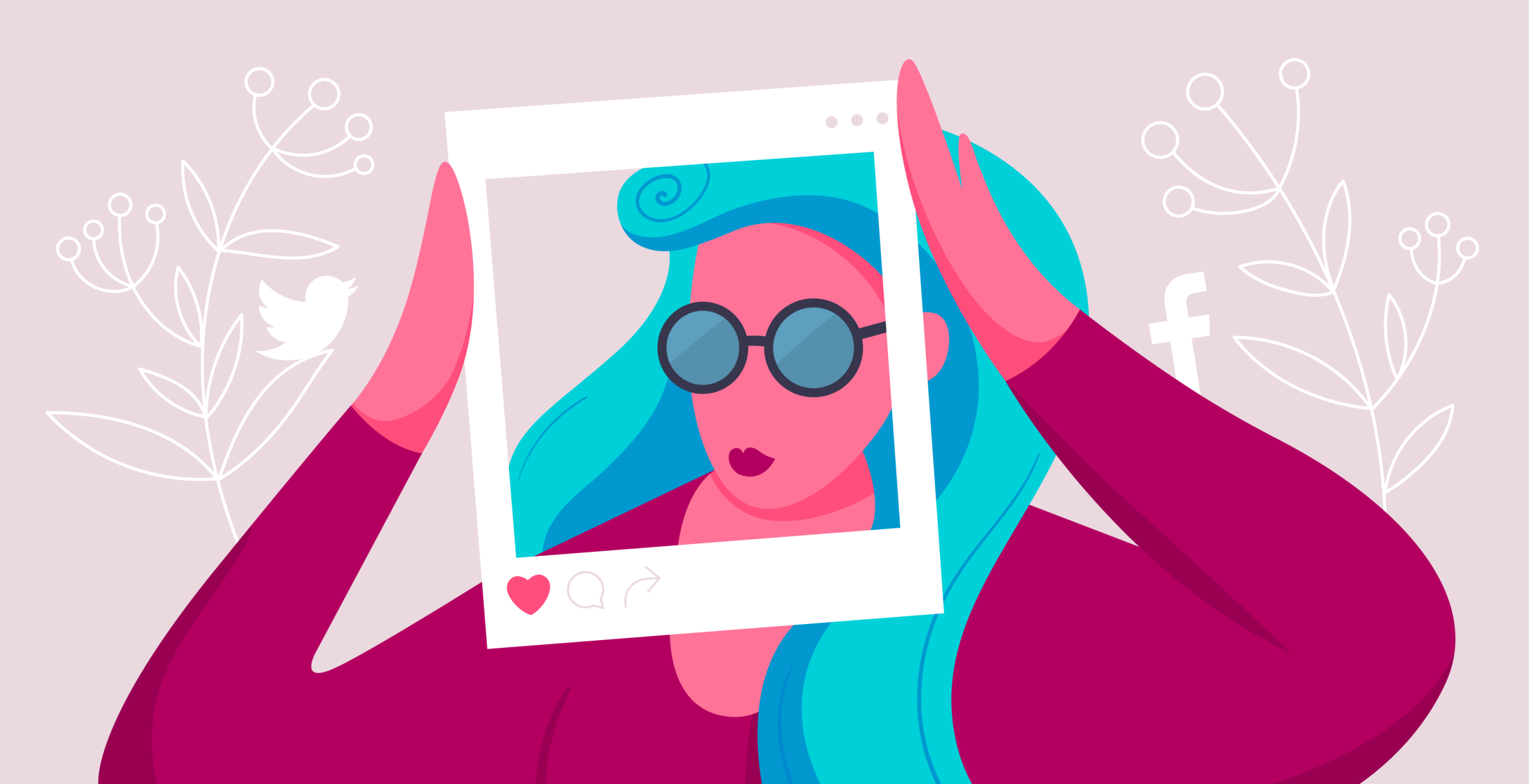
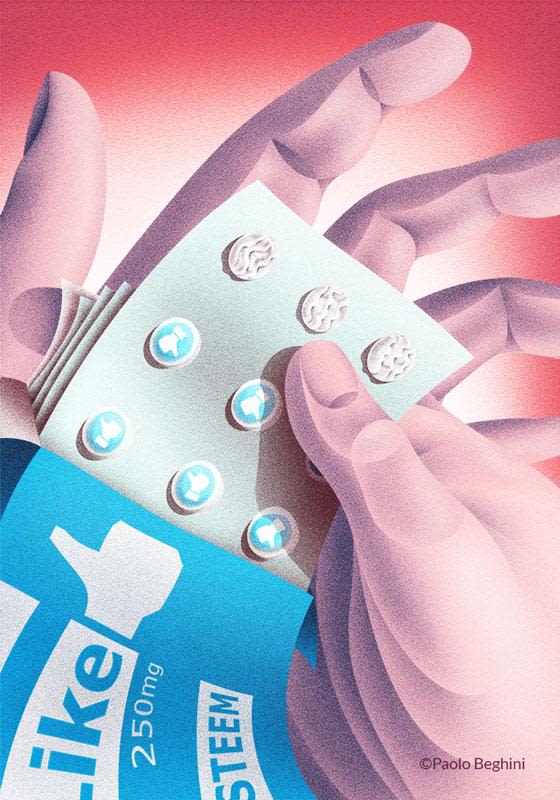
Interview with Francesca Chromiakova, Ulverston, 21
Have you ever or still have deleted a social media platform? If so why? And how did it affect you after?
I actually deleted them recently, I gave myself 2 weeks off. I found I felt so much more involved with those around me, in tune with the news and everything happening around me.
How much do you post online regarding personal information?
I’m a pretty open book, I post a lot of things on socials, sometimes more personal than others. I finds that often putting more personal information onto social media usually results in girls messaging me saying “I needed to hear this” or “I’m so glad I’m not the only one”, which makes me feel more willing to be open.
Do you think the younger generation rely too much on social media for validation? E.g. In terms of validation things such as popularity, mental health, personal appearance.
Absolutely, there was a time when the only things I based my attractiveness/happiness on, was how many likes I would get in social media, or how did I look compared to influencers? I felt I needed to dress a certain way and I completely changed my appearance and likes seemingly pleased those around me. I’ve recently realised that I have no reason to care as to what people may think towards me.
How does social media make you/ people feel?
Quite honestly it makes me feel rubbish. I can’t remember a time when I closed an app feeling positive about myself, of thinking encouraging thoughts. Many of my friends feel the same way, like “how much weight has this person lost?!!”, its constantly put into our group chats or “don’t you wish you looked like this”. But the thing is, I will never look like that, I’m 5’3” the model is 6ft. I am naturally muscle and I also have a hell of a lot of acne, no leading brand of makeup is going to change my appearance of my skin, that comes with age.
What is your overall opinion of social media?
Social media can be fantastic, especially when it comes to promoting small brands, and having your voice heard. I love looking at fashion, skin care ideas and new crafts projects. I personally think the issue comes from generations being introduced to social media far too young. No 12-year-old should be dreaming of boobs like Kim Kardashian, it’s quite frankly not possible, and I think this is what leads to 17-year olds having implants, because they haven’t accepted their body will grow. Social media can be toxic, it can be super enlightening, it can be a great base to start a business. But overall, I think social media companies need to take into further appreciation into the fact that not everyone handles pictures of miniature models, constant diet suggestions, and the push to buy more than you can spend, the same way.
Social media has the addicting power of motivating people to take action, as well as providing resources to influence social, political and economic policies. The use of social media platforms enables people to have a voice, speaking about their opinions, it's called freedom of speech. Twitter for example, this social media platform allows you to talk about anything. However, this can cause uproar with many who see as they disagree, causing arguments and fall outs, even to cyberbullying.
While social media may help societies in spreading awareness within subjects such as charity or tragic events, it can be very detrimental towards people's mental health, especially the younger generations minds. A contributing factor to this is that the younger generations screen time is triple compared to any other age groups time. The majority of youngster's screen time is nine hours a day, in comparison to the older generation who sits at just 2 hours a day.
Can social media cause oversharing leading the younger generation into trouble? Many believe that social media can get a high percentage of youngsters in trouble, particularly within the school ages, again this can lead back to the lack of education of digital literacy. Facebook, Snapchat and Instagram allow users to present ourselves how we want to look, this includes using filters to shape the face ad look smooth and "pretty", ideally this is showing the followers what want to see, removing reality.
The creation of filters can cause massive thoughts of body dysmorphia, if you were to ask any young girl if they've set up their phone and filmed themselves walking around in a new outfit, the majority will say yes to doing so. Body dysmorphia is a huge area that has increasingly risen in numbers since the use of social media. The younger generation can lead themselves into a state of constantly comparing their lives to others online. Dreaming of being like others but when in reality it's all false hope. The younger generation have a massive habit of comparing themselves to others online for measurements of how successful their own life is. But do they understand that posts online aren't all true? Many are living in a lie, just a constant circle of impressing followers.
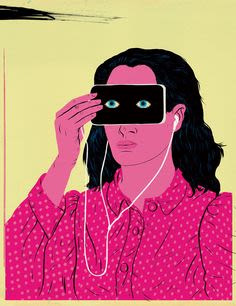
"There's an immense amount of pressure on our generation to meet the standards set on social media. For my mental health, I deleted Instagram for a year or so but, felt like I had to re-download it to stay connected with people as it's used so much more than in person communication. Changing the way I use and follow on my social media its become a useful tool. There's always going to be that anxiety behind posting and hoping that people like you through a screen, which shouldn't be the case but it's up because we've been conditioned to use it"
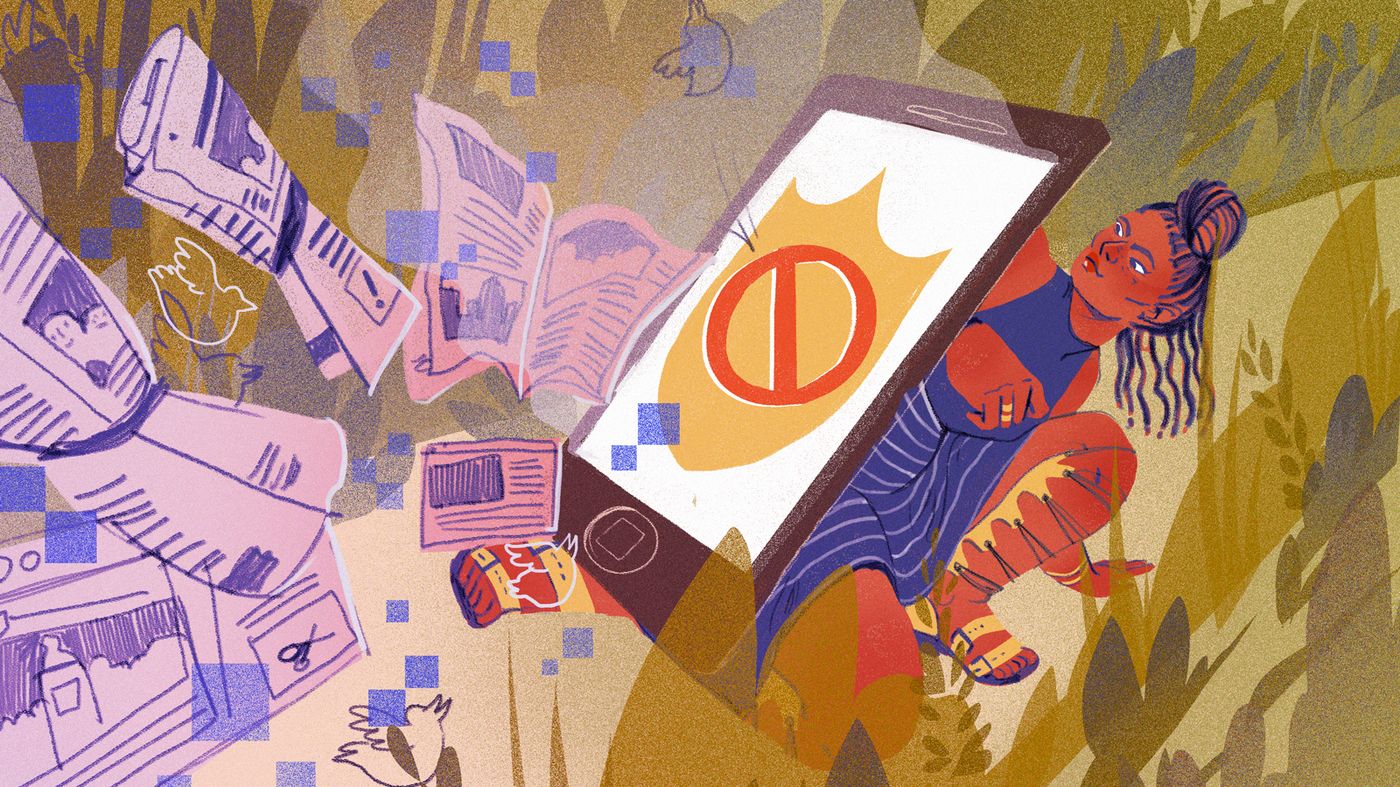
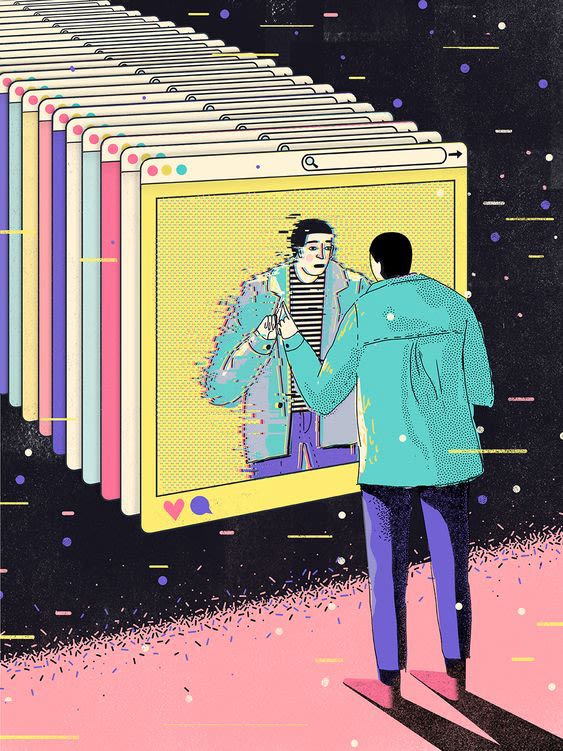
Catastrophic feelings of self-esteem can start taking place, resulting in speaking negative thoughts and mindset. People who spend more time on Facebook suffer from higher rates of depression compared to others that spend less time.
Using social media and mobile devices releases a chemical called dopamine. This is the same chemical that makes you feel good when you smoke weed, have a drink or gamble. Social media is highly highly addictive. When stressed and low, many turn to social media, because they know the feeling they'll receive is good, however this is putting too much trust within social media to make us feel better, when in actual fact, it's destroying us. We would rather turn to technology to relive us, than a human being. It's only offering us temporary relief.
Interview with Annabel Hicks, London, 20
Have you ever or still have deleted a social media platform? If so why? And how did it affect you after?
I deleted my Tumblr account a few years ago because I felt like it had a negative impact on how I felt as there were a lot of posts on my feed about suicide and self-harm. Seeing this all the time affected my mental health over time. Deleting it helped a little bit but not really because I still have other social media platform’s which were just a much more watered-down version of my Tumblr feed.
How much do you post online regarding personal information?
I don’t post on my social media platforms that much and all my accounts are private.
Do you think the younger generation rely too much on social media for validation? E.g. In terms of validation things such as popularity, mental health, personal appearance.
I definitely agree with this statement especially regarding appearance and trends and what stuff we should have. I feel like its especially noticeable in the way that the younger generation people dress and behave.
What is your overall opinion of social media?
Sometimes I find it really useful to find ideas for stuff that I’m interested in, but equally see a lot of posts that make me feel inadequate. I think social media is positive in the sense that people with larger platforms can use it to spread awareness of important issues like climate change, mental health, equality among other things, but equally larger platforms can be used for negative influencing.
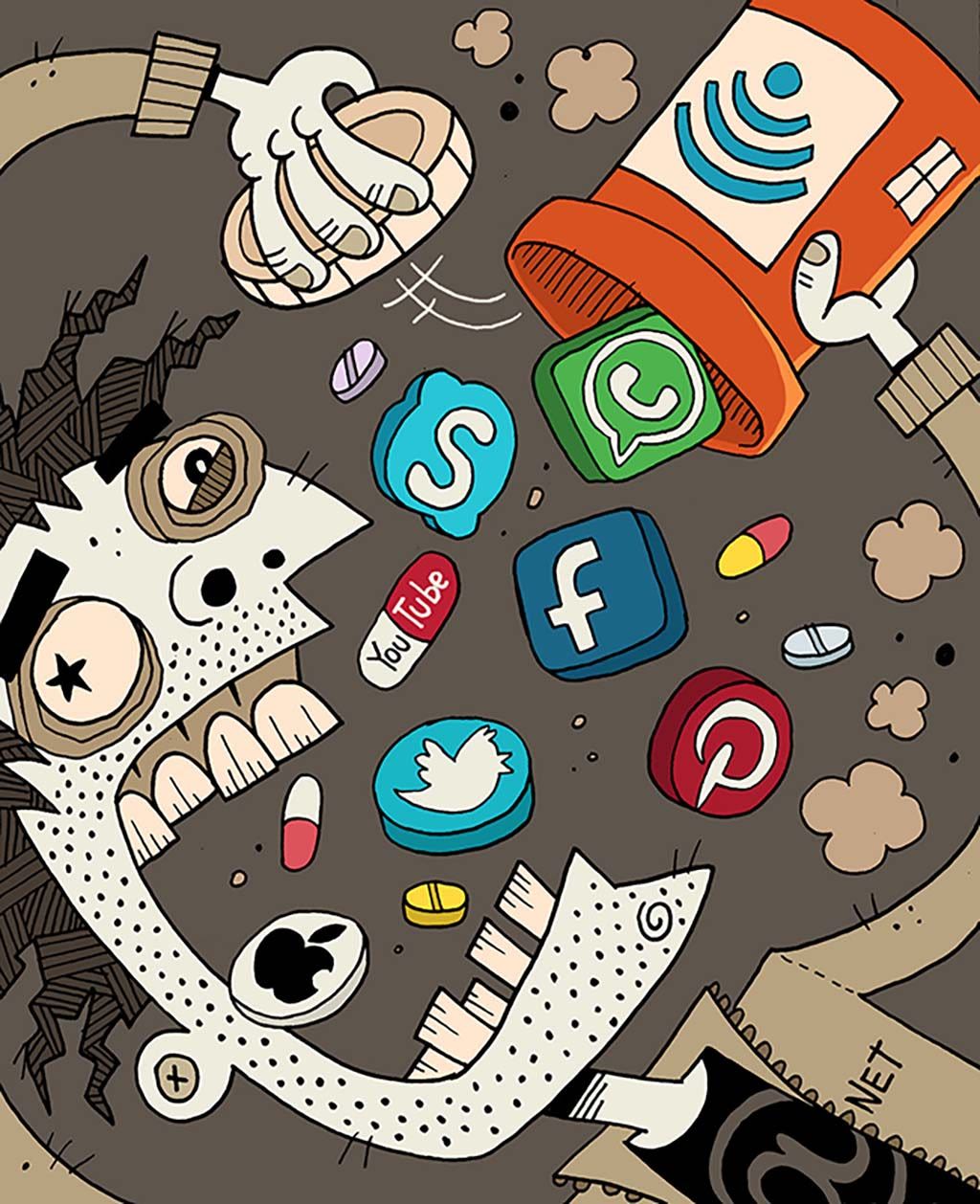
"I used to rely on likes within social media a lot, I would think that if I didn't have a like from certain people they didn't like me anymore or I wasn't good enough. If I got less likes on one picture than the other I would delete it because I would then feel like that picture was really ugly and no one wanted to see it. As I've grown ive realised that likes aren't everything however it still does have impact on how I feel"
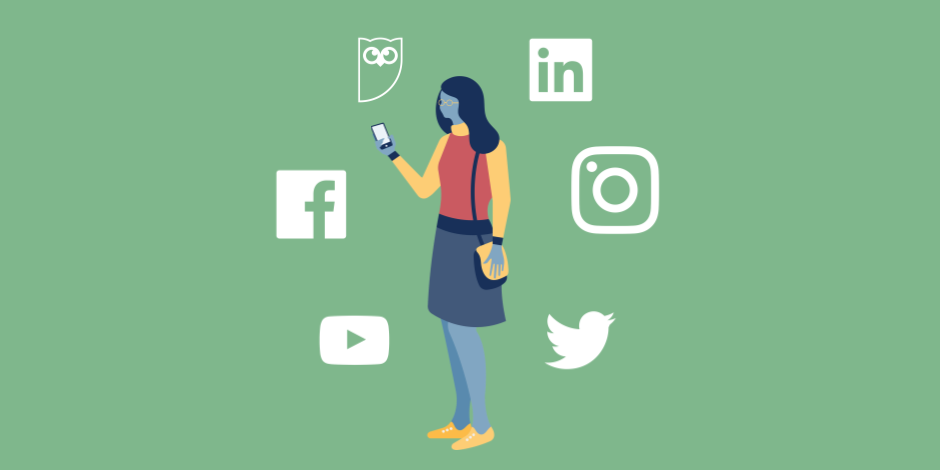
Social media addictive now effects more than half a million people globally. Dr Orben recently quoted on the new hit film, Social Dilemma on Netflix, about the relationship between social media and mental health.
"complex, bidirectional and individual. it is highly influenceable by what we do on it and why we do it, not just the time we spend"
Digital dependency is dangerous, the real world provides negative emotions, this then drives people back onto social media outlets for that quick fix.
Rising social media usage, means a rise in numbers regarding bullying can now transform and take place online, this is cyberbullying. The younger generation basically live online, all information about themselves is online, opinions, selfies, everything. This is a key target for bullies.
42% of teenagers say they have been called offensive names about themselves online. Along with 32% have had false rumours spread around about them. Digital messaging is the central and most popular way for the younger generation to maintain relationships. 90% of the younger generation believe online harassment is a problem that affects them, if is it so then why do youngsters condone to into using this technology religiously if it's so bad for themselves? It's addictive that is the answer.
Some change has happened, recently a surprising rise of numbers within the younger generation has realised how much trust they had within social media, and as a result of this, deleted it, Dissociating themselves with this untruthful world. We become zombified, everyone switches off from the connections around them to go and be on tiny little devices.
Social media for this handful of younger population no longer holds the allure it used too. Turing their back on technology has increased mental states, active lifestyles, motivation, and more realistic goals in life. 63% of British school children have agreed that they wouldn't have minded if social media was never invented. If this is the case, then why do they still feel they have to use it just because it is offered to them? However, as these handfuls of younger generation start rejecting social media, the elder generation start embracing it. Increasing from 23% to 28% in the past year. These states may suggest that the elder population are aware of the amount of trust that needs to go into social media, as they likely understand the effects it has, a key factor of this is many were bought up without any technology until there early adulthood.
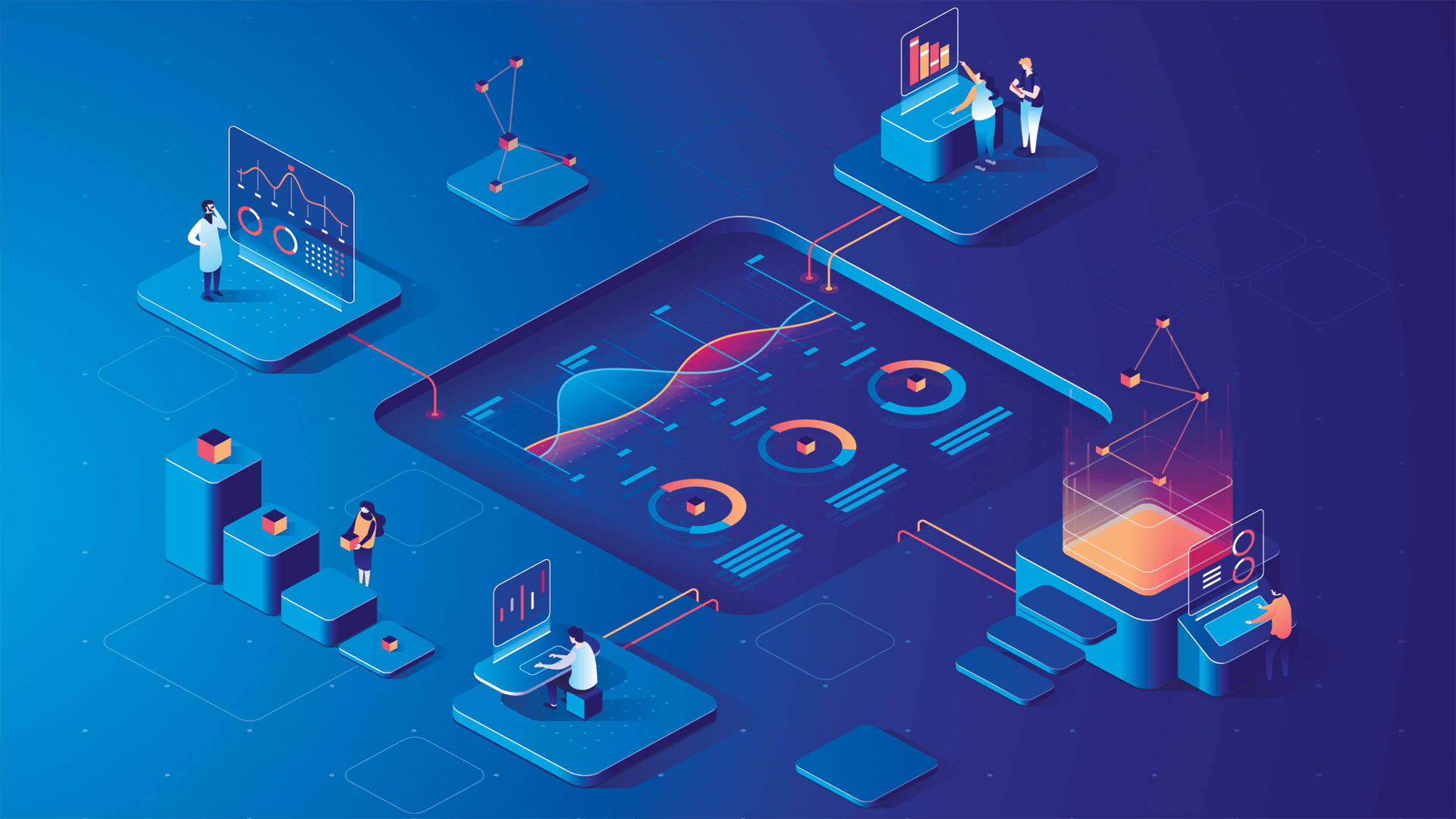
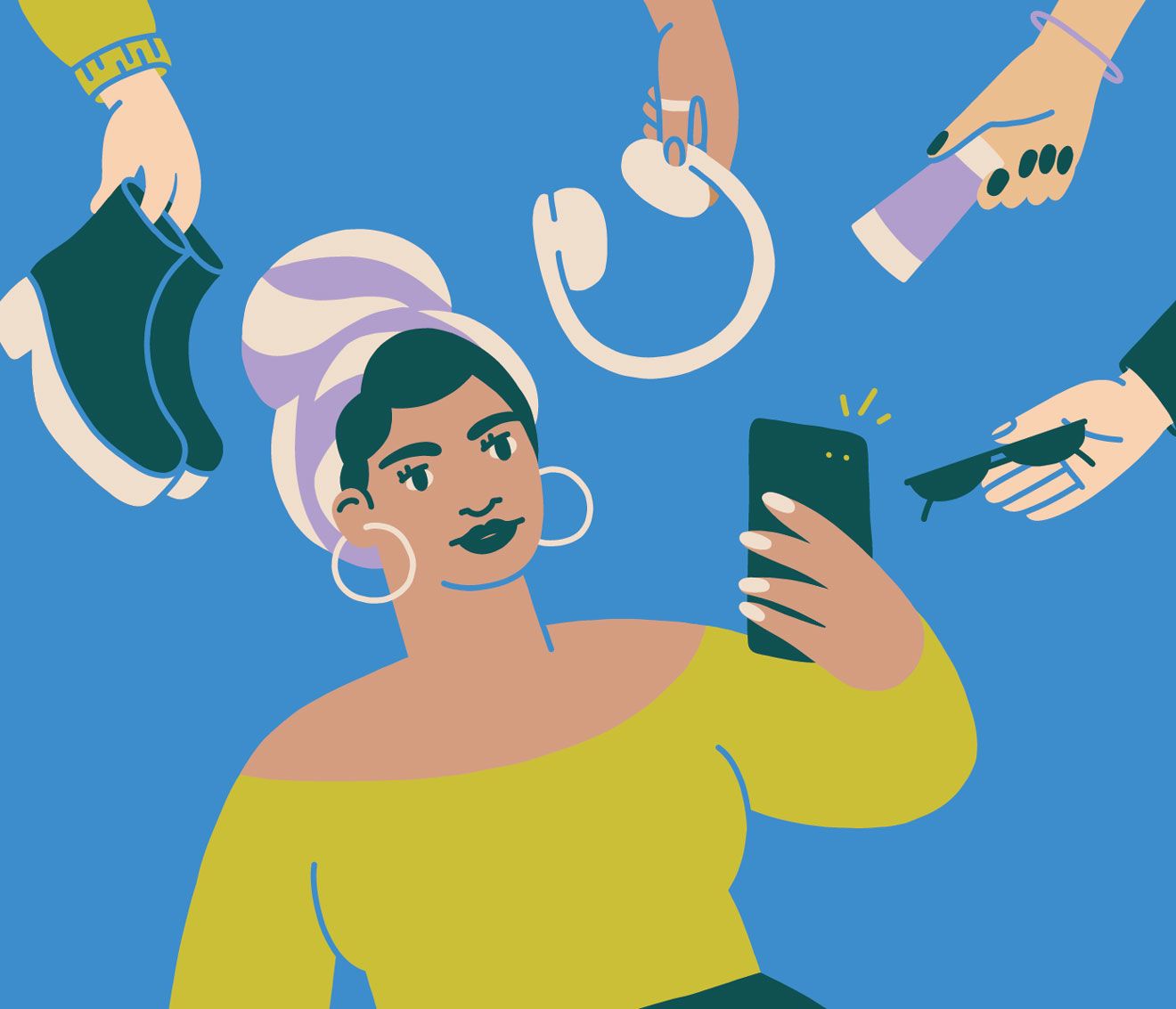
Digital literacy is being taught to understand and how to use technology. Teaching to use, find and create information online in a beneficial, useful and truthful way. Learning the limitations of technology as well as the damages and precaution’s technology can include. Digital literacy has started to be taught within schools to educate students in understanding the basics of internet safety. These include subjects such as knowing what information to share or not on social media, as well as fake news and much more.
Digital literacy shouldn't just be taught as a one off once a year, it should be part of the national curriculum, we live in a world where are future is technology, then why aren't we being taught the ins and outs of this subject. Many argue that digital literacy should be taught in the earlier stages of education, due to the rise of younger generations creating, and using social media accounts at such a young age. If this subject was taught intensively, cyberbullying wouldn't happen, people’s mental health wouldn't be affected to the extent it is now, fake news wouldn’t be spread, making social media much safer and trustworthy.
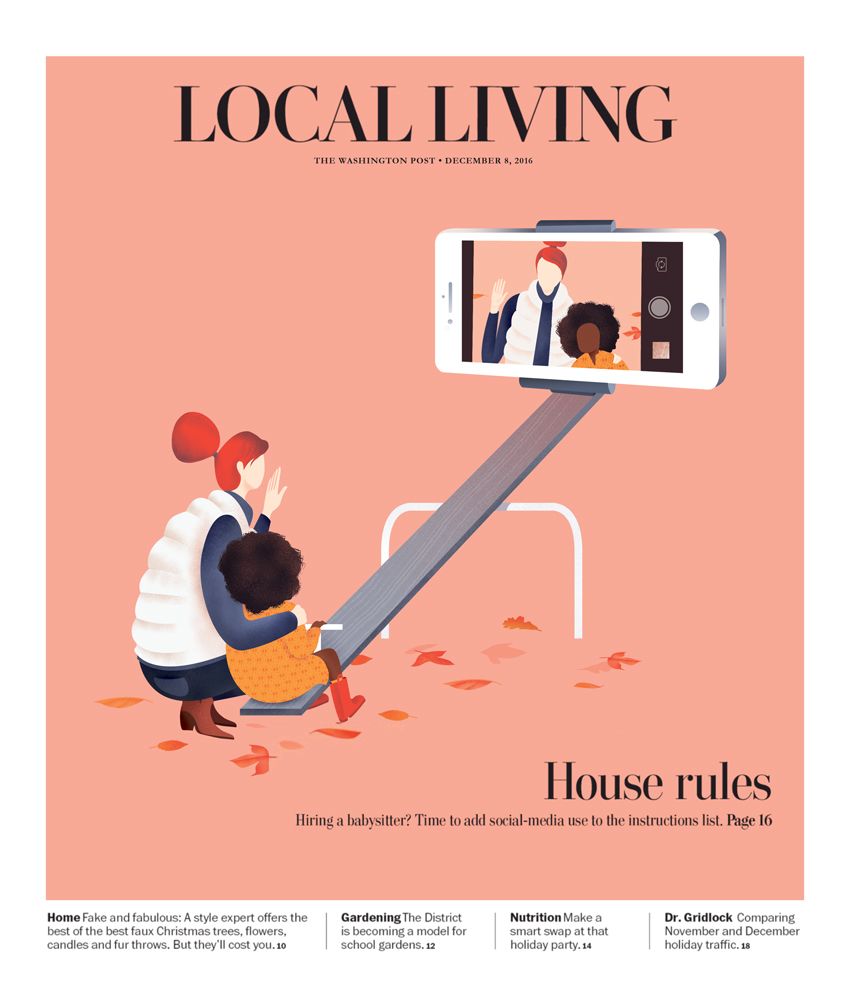
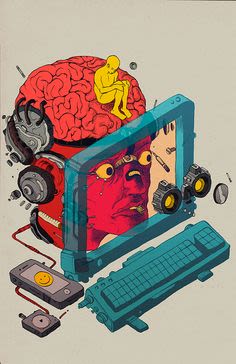
Interview with Cameron Garner, London, 20
I’ve never deleted a social media account, I post very little on all my social media, usually try to keep my information personal and tend to use social media to keep in touch with people or to share media with these people
Do you think the younger generation rely too much on social media for validation? E.g. In terms of validation things such as popularity, mental health, personal appearance.
Yes I do, I’ve seen friends suffer from bullying due to social media having lies or embarrassing videos spread round school/college due to this I’ve seen people drop into depressive states and struggle with this, they lose confidence within themselves and a few people I know never truly recovered from it. I feel that social media such as Instagram puts an impossible goal into the mind of people constantly being flooded with perfect good looing people puts an image of invalidation and that in itself can cause many mental health issues with young people with that “perfect body” image such as eating disorders and that feeling of invalidation. But I also feel for the people that put these kinds of posts on social media, the need to feel validated by thousands if not millions of strangers to me at least is a sign of deprivation of some kind of appreciation or love in a way. To me its unhealthy obsession with trying to stay relevant and finding ways to please the masses of followers and projecting this image of themselves can make an individual lose their own personalities because of the fear of losing that validation can be so easily done with just one post. An example of this is Nicki Minaj who posed for the cover of Harper’s bazaar Russia, nick lost tons of followers on her twitter and Instagram account. Fans and other celebs also called her out for posing for the magazine pointing out Russia’s anti-LGBTQ stances and how many of her friends are a part of this community to some celebs this would not bother them but to others it would affect their well-being and mental health.
How does social media make you/ people feel?
Social media makes me go through different emotions it can be great for my close friends sharing with each other what we are doing but I’m other ways I feel like I’m looking at people’s lives through a key hole, only showing me the best parts of their lives can make me feel either excited for the or jealous. I find that social media is a great way of promoting social cause such as climate change with the Greta movement as well as other things. But it comes with more down sides than positives in my opinion. We find that social media is another way of pushing political or social agendas with the misinformation we can find ourselves pushed towards a mob mentality. We can see with targets ads the way of pushing people towards buying goods that they don’t need. Our private information can be found easily and taken without permission. We have no way of mediating this. people’s opinions can be swayed with social media without a true picture being shown, examples of this would ne instances of police brutality when we see the act of aggression but none of the build-up, we are left with a tragedy and this can sways people’s opinions, with the power of social media people’s lives can be ruined.
What is your overall opinion of social media?
Overall, I think that social media can do so much good it’s too new and isn’t dealt with correctly and leaves us with too many downsides than good.
Interview with Curtly Etchells, 26
Have you ever or still have deleted a social media platform? If so why? And how did it affect you after?
I deleted my public twitter. This was prior to starting a new job role and wanted to remove all information from there. I had a large number of followers and some historic tweets I would not like my employer to see. I was slightly disappointed as I was using it as a networking tool in an area that I can no longer purse due to my job role. However, it is a life decision.
How much do you post online regarding personal information?
LinkedIn for full personal information. All my other accounts are private.
Do you think the younger generation rely too much on social media for validation? E.g. In terms of validation things such as popularity, mental health, personal appearance.
Yes! People have positive views about people from what they see on Instagram when in reality their life is not like that. I wouldn’t overly state this is a young person thing it is just a social media thing and social media is the most commonly used by young people.
How does social media make you/ people feel?
My current social media usual’s is very positive. I try to only use it for communications, keeping up to date with current events, keeping up to date with activities that my friends are involved with through looking at photos etc and also in a professional sphere I use LinkedIn for networking and trying to find mentoree opportunities. However, TikTok is becoming a very very guilty pleasure and can often go down a rabbit hole very fast.
What is your overall opinion of social media?
For the purpose I use it, it is a very useful part of life. The developments in technology allow us still to be part of our friend’s life even when they are on the other side of the world and these positives must never be forgotten. However, there are a lot of my friends who are addicted to the ‘Instagram’ life. They go out and spend around 50% of the time trying to get the perfect photo. If they bump into someone in a bar or a club, there isn’t a desire for convocation, it’s an aim to try to get that magic photo with someone to try to get a high level of likes. I am confused by the need for gratification but its linked to dopamine releases. I believe everything is good apart from Instagram. People need to live their life in the real world not through cameras.
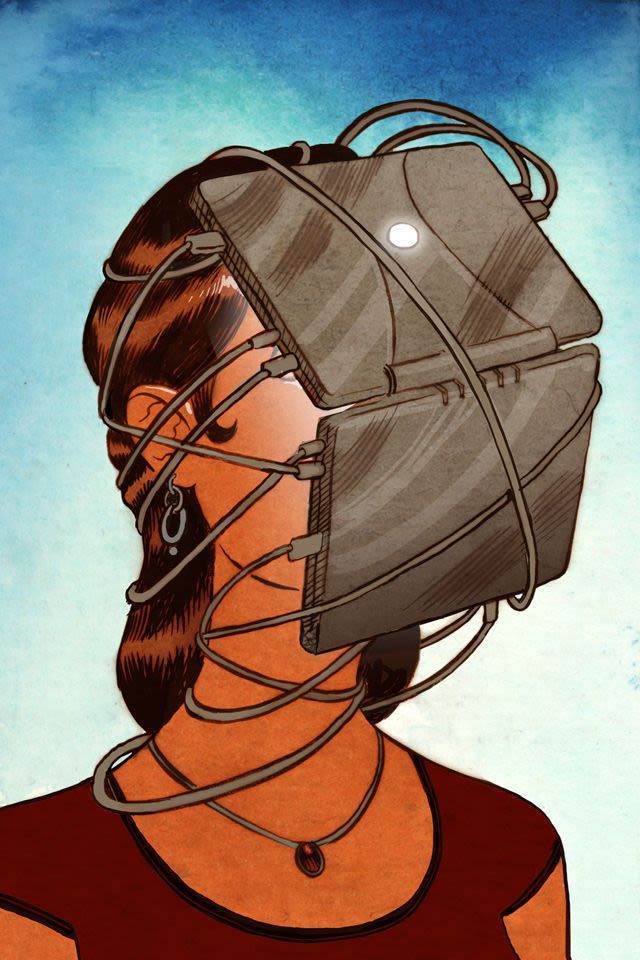
"We place too much trust into influencers and celebrities on social media. people that we don’t even know are determining what we buy, do or make ourselves look like rather than simply trusting the opinions of family and friends. it’s a bit scary how much we trust strangers just because they are 'celebs'"
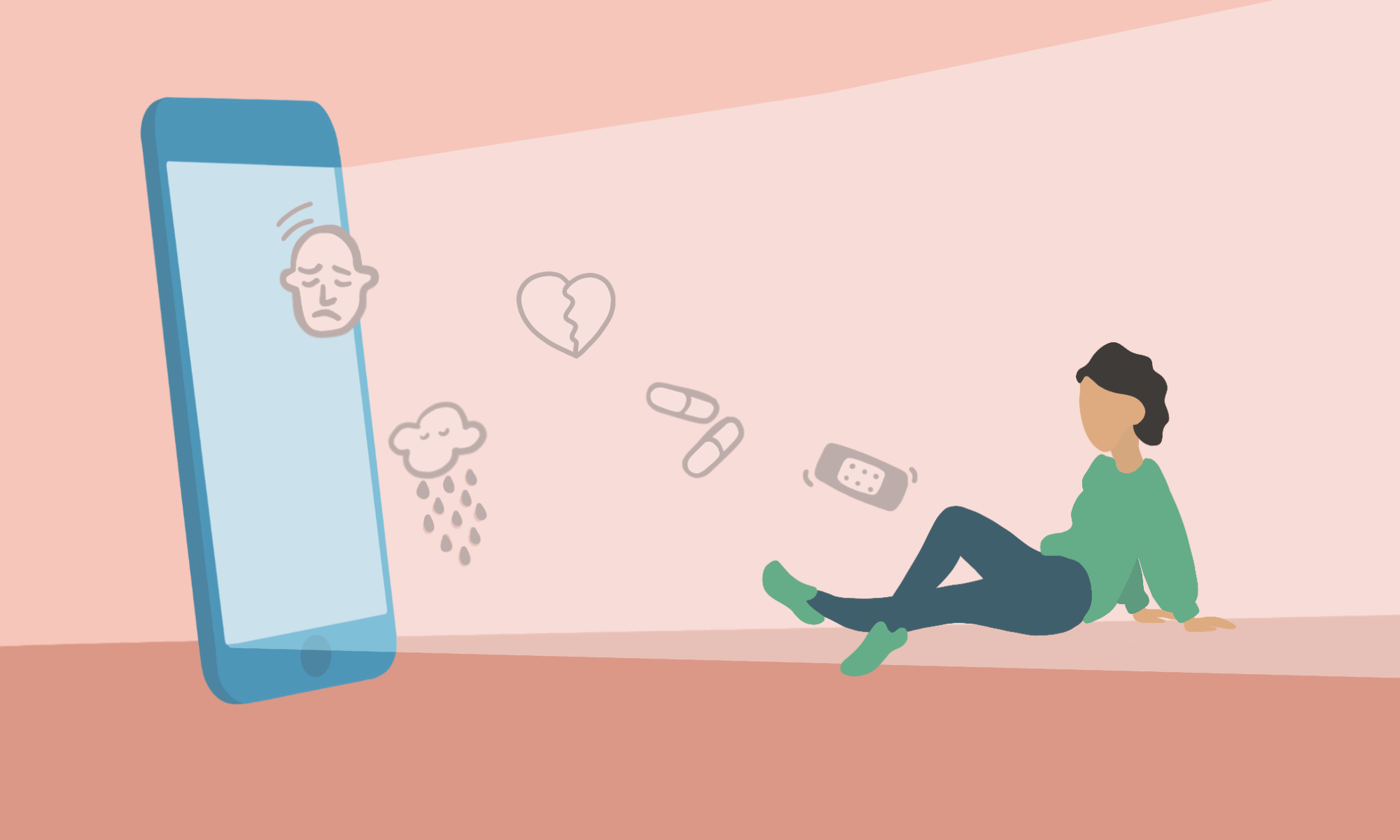
Fast forwarding to the future, the unsettling world of social media should still be a place where people can not only connect with family and friends, but also be able to exit an app feeling no depressive or negative thoughts about themselves. People will learn to love themselves and reality, not follow fake goals or compare themselves to others. The younger generation will hopefully understand to not measure their self-worth by the number of likes or views they get on social media platforms but to measure their own success within reality. With time generations will realise that social media is not authentic or honest but in fact just a highlight wheel of people’s lives showing the best moments. Less trust will be put into social media, creating stronger human relationships. Advice will be taken from close relatives not a random account off twitter.
This social media allure will be lost eventually. It’s a race against time to show generations why and how these platforms make us feel this way, as well as the consequence’s they supply. With hope, the younger generations will create an understanding of how to act safe on social media apps. Following in decreased numbers of cyber bullying, identity theft, mental health and misunderstandings of fake news. Realisation will take place that social media platforms only provide temporary relief, resulting in people turning towards humans not technology for help or relief. Try it, delete a social media app, distance yourself from your phone, you’ll realise what you’ve been missing around you.
